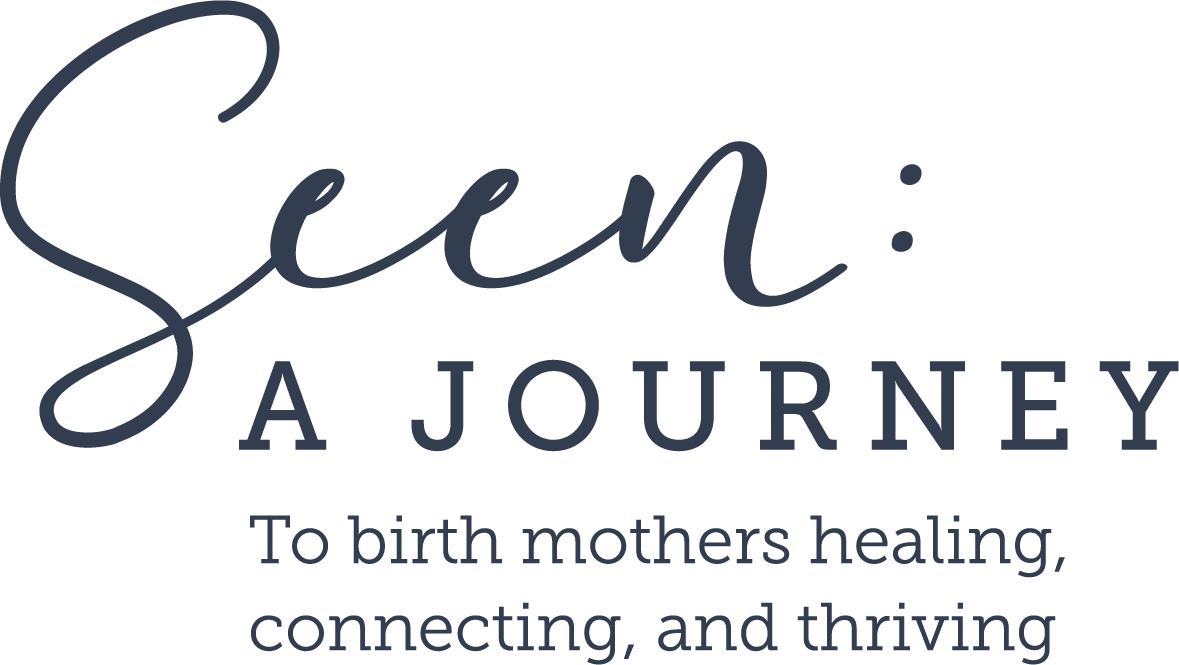Adoption is often described as a journey — one of love, loss, identity, and healing. For adoptive families, one of the most pivotal steps on this journey can be the moment they meet their child’s birth family. This encounter, if approached with compassion rather than resistance or judgment, has the power to transform the emotional landscape of the entire adoption experience.
At the heart of it lies a simple but profound truth: when adoptive parents embrace the birth family with empathy and grace, they help build a foundation of emotional safety for their child.
The Power of Compassion
It’s natural for adoptive parents to feel protective of their child. The idea of connecting with the birth family can stir up insecurities or fears – worries about divided loyalties, what role the birth family might play, or how it could impact their relationship with their child. These concerns are valid, but when left unchecked, they can show up as resistance, criticism, or judgment.
Children, and especially adoptees, are perceptive. They sense tension, silence, or discomfort around their adoption story, and it shapes how they view their identity and their worth. But when adoptive parents meet the birth family with compassion, they send a powerful message: We are not afraid of where you come from. We honor it. We honor them. We honor you.
Love Keeps No Record of Wrongs
In 1 Corinthians 13, often called the “love chapter,” we read that “Love is patient, love is kind… it keeps no record of wrongs”. In the context of adoption, it invites adoptive parents to release judgment of the birth parents, even if their story includes difficult or painful chapters.
Love that holds no record of wrongs does not mean denying truth or ignoring harm – it means choosing not to hold someone’s past against them. It means approaching birth parents not through the lens of moral superiority or blame, but through the grace we ourselves have received from God.
For some, this might mean forgiving a birth parent who made mistakes. For others, it might mean laying down assumptions or prejudices. But in every case, it means walking in the spirit of Christ – who sees the whole person, not just their brokenness.
When adoptive parents embody this kind of love, they create a safe emotional space for their child. The child begins to understand that their story is not marked by shame, secrecy, or conflict, but by grace.
Emotional Safety Through Grace
Emotional safety in adoption is not just about open conversations or access to the birth family – it’s about the spirit in which those connections are held. A home marked by grace, patience, and empathy becomes a sanctuary for a child sorting through complex questions of identity, belonging, and family history.
Children who know their birth family is spoken of with dignity are more likely to feel secure in their own identity. They don’t have to split their loyalty or hide parts of themselves to feel accepted. Instead, they experience the wholeness that comes when all parts of their story are welcomed and woven together with care.
From “Either/Or” to “Both/And”
Adoption narratives often get stuck in a false binary: either the child belongs to their birth family or to their adoptive family. In Christ, we are invited to move from “either/or” thinking to “both/and” living.
When adoptive parents welcome the birth family with love and empathy, the child learns that they don’t have to choose sides – they are the beloved child of both a birth family and an adoptive family, and most importantly, a child of God.
A Legacy of Redemptive Love
Adoptive parents should lean into this grace-centered approach and speak of the birth family with respect because children thrive when they’re not asked to deny their past, but invited to embrace it.
Even in situations where contact with the birth family isn’t possible, the principle remains: speak of them with compassion. Refuse to villainize. Teach your child that every person in their story matters and is worthy of dignity.
In doing so, adoptive parents reflect the redemptive love of Christ — a love that chooses restoration and connection. A love that “keeps no record of wrongs.” A love that builds bridges, not walls.
Thoughts To Consider
Adoption is not about replacing one family with another; it’s about expanding the definition of family altogether. When adoptive parents choose compassion over judgment, they mirror the love of God – a love that redeems, reconciles, and restores.
This kind of love is the foundation of emotional safety. It frees children to ask hard questions, feel all their feelings, and grow into their full, God-given identity. And it leaves a legacy not just of family – but of faith, hope, and healing.


